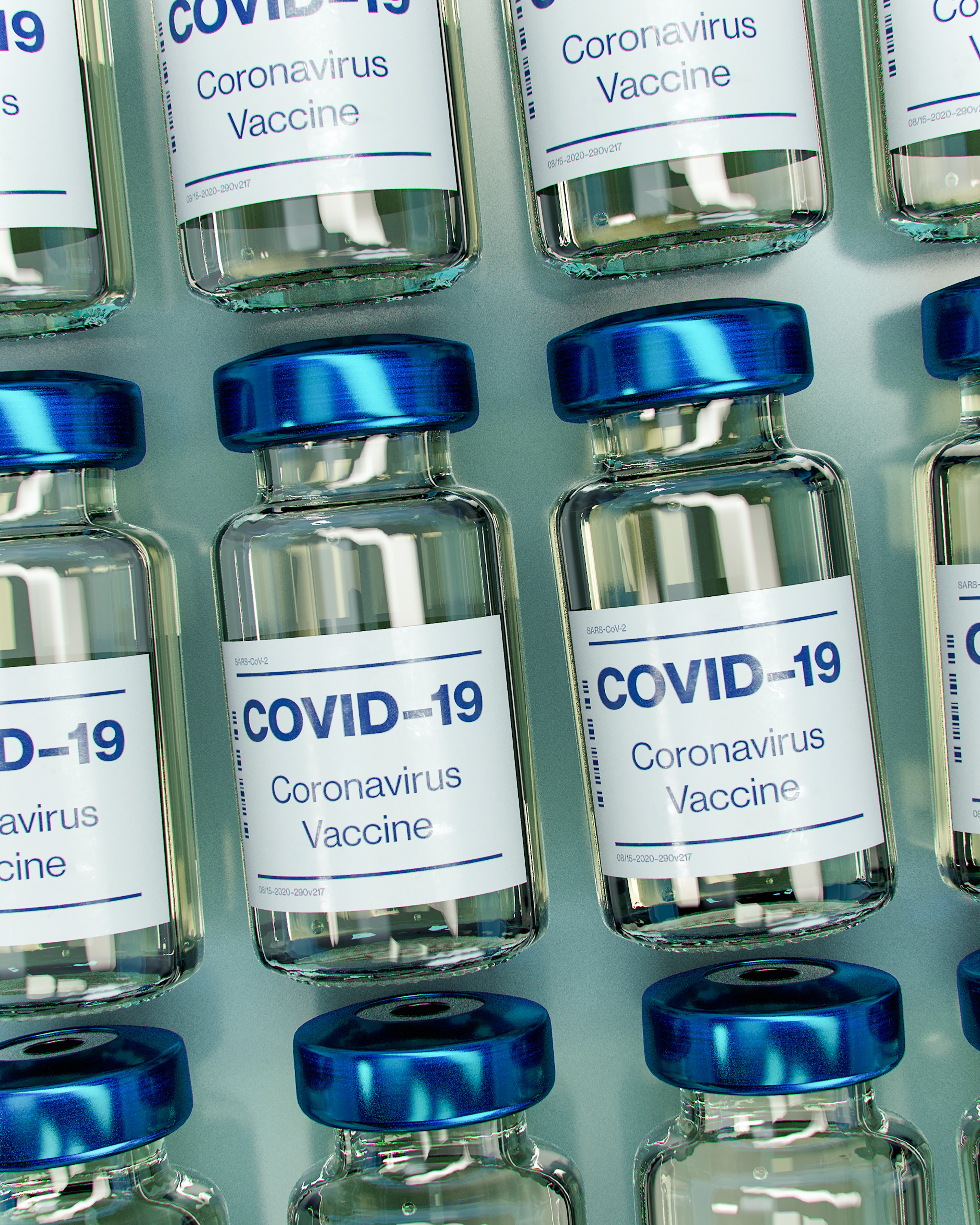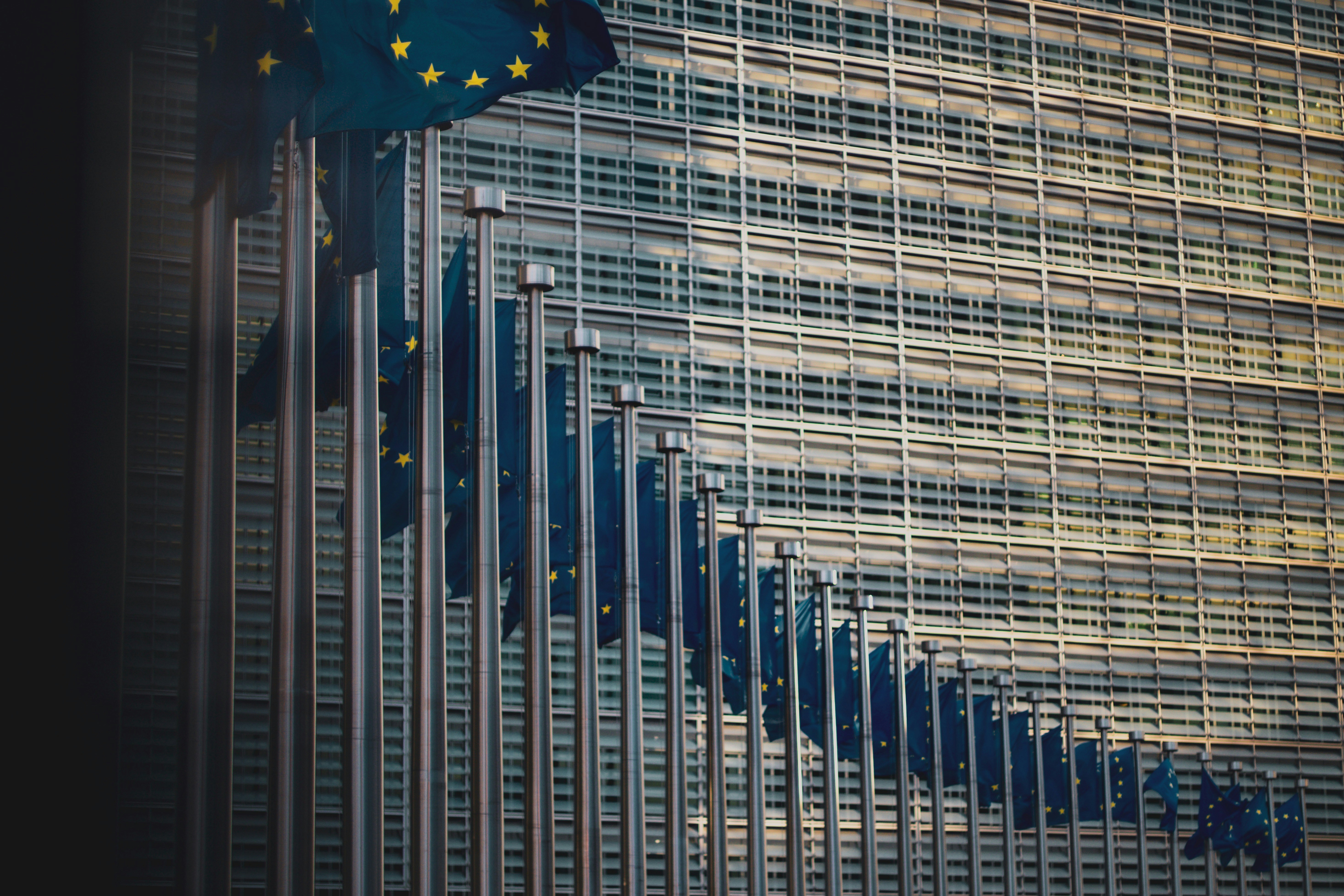The UK’s main research funding agency, UKRI, has published an independent review by Technopolis of UKRI’s response to COVID-19. These investments covered medical research at the start of the pandemic, including several major clinical trials and supporting development of the Oxford/AstraZeneca vaccine. They also included a far broader range of research to help address the effects of the pandemic and its countermeasures: understanding the pandemic’s effects different social groups, determining how best to open and close schools, and monitoring air quality in London during lockdown, to name just a few.
The review by Technopolis looked at governance, communications, aim-setting and overall functioning and robustness of the research funding processes (with total investments in the hundreds of millions GBP).
Besides a survey of all lead researchers funded by UKRI in relation to COVID-19, a survey of UKRI administrators, interviews and document reviews, the study also includes an international comparison with the COVID-19 responses of six other major national research funders: The German Research Foundation (DFG), The Japan Science and Technology Agency (JST), The Taiwan Ministry of Science and Technology (MoST), The National Research Council Canada (NRC, Canada), The Dutch Research Council (NWO), and the National Science Foundation (NSF, USA)
Our headline finding is that UKRI performed well in its function as a research and innovation funder under difficult conditions, having to process a substantially larger volume of applications at a much faster pace than would ordinarily be the case. Especially in the early months of the pandemic, UKRI rapidly funded a range of studies critical to the pandemic response.
However, UKRI’s COVID-19 response was negatively affected by three partially related factors:
- The large volume of applications and consequent workload for staff and reviewers, as well as delays in coordinating budget reallocation with HM Treasury, meant that UKRI’s target to process applications within a few weeks was missed across large portions of its portfolio
- Beyond the early stages of the response, as government’s research-needs expanded from immediate ’pandemic response’ to a broader range of societal, economic, ecological and technological questions, UKRI had limited ability to engage in systematic priority-setting, i.e. of prioritising certain topics over others
- UKRI’s grants application and management system did not have suitable functionality to allow rapid design and launch of bespoke funding schemes UKRI-wide and at scale, and so much of the COVID-19 response had to be conducted off-system, which also meant limited availability of monitoring data for parts of the response
Despite these difficulties, a lot of research critical to addressing the pandemic was funded at speed – this was often down to the efforts of UKRI agency staff, who worked tirelessly and reportedly to the point of habitual burnout and exhaustion to process the calls, applications and peer reviewing.
Some of these issues were also observed at some comparator funders. Most of them, like UKRI, funded both medical research aimed at understanding and treating Covid-19 itself, as well as broader research (including in the social sciences) to respond to the effects of the pandemic and its countermeasures. Some agencies (notably NSF and JST) already had emergency funding tools in place which had been used in previous societal emergencies (e.g. Hurricane Katrina and the Fukushima disaster). These were helpful in accelerating the response and deploying funding quickly.
Though funders performed well in exceptionally difficult circumstances, there are many lessons to be learned: sharing of success strategies in this challenging situation will be critical to ensure funders across the globe are well set up to responding to any future emergencies. Among the most critical issues are
- The need for up-to-date, user-friendly and flexible awards management systems
- Use of a range of different funding processes to variously ensure demand-management, speed, rigour and relevance
- Governance structures and processes to ensure optimal lines of communication and priority-setting between funders and governments
Read the full report here.



